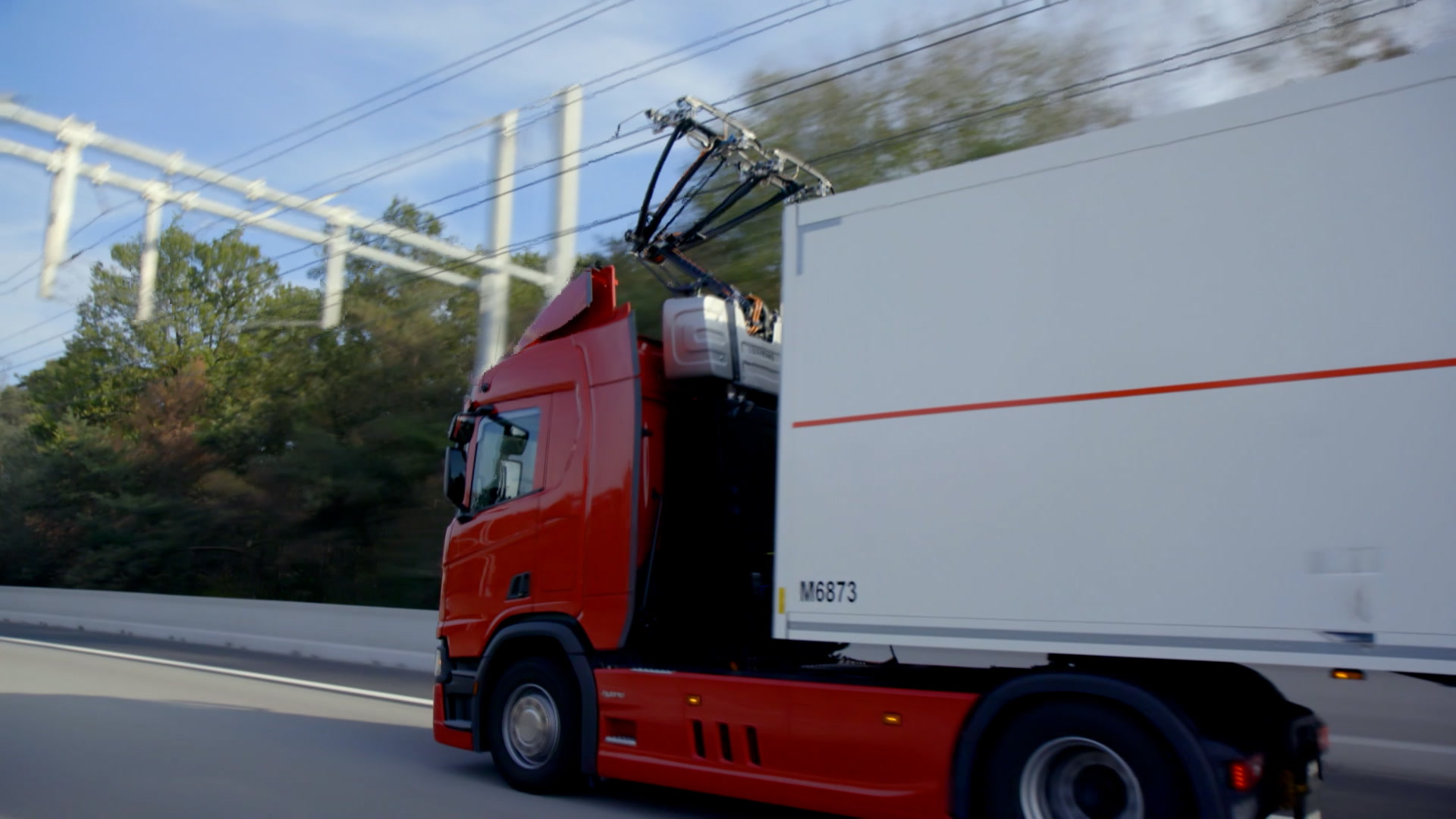Africa needs to trade with itself – here’s how

Intra-regional trade could boost development and growth in Africa Image: REUTERS/Joseph Okanga

Get involved with our crowdsourced digital platform to deliver impact at scale
Stay up to date:
Supply Chain and Transport
Trade not aid. It’s an idea we hear quite a bit in reference to Africa. Last summer, when Barack Obama addressed the African Union – the first US president to do so – he made sure to bring it up: “So many Africans have told me, we don’t want just aid, we want trade that fuels progress.”
And yet, while trade might be the gateway to development, the statistics in Africa aren’t too impressive, especially when it comes to one of the biggest opportunities for growth: trade among African countries. In 2014 in Europe, for example, 69% of exports were to other countries on the continent. In Asia, that figure stood at 52% and in North America at 50%. Africa had the lowest level of intra-regional trade, at just 18%.

Movement from political will to policy action as far as improving regional cooperation is ongoing but remains slow to materialize. Customs procedures are onerous, visa restrictions are high, while failure to produce value-added goods and to diversify from natural resources and goods different from neighbouring countries continues to stifle trade.
There is one way of boosting intra-regional trade, and with it economic growth and development: technology. But for technology to be able to transform trade in Africa, there are a few important steps we must first take.
Getting the right infrastructure
Infrastructure development is a top developmental priority in Africa, particular in two critical areas: electricity and transport. Access to electricity forms the basis of an industrialized economy and hence trade; yet less than 30% of Africans have access to electricity, compared to about 40% in similar low-income countries from other regions. Unless we can do something to tackle this issue, we have no hope of increasing intra-regional trade in Africa.

More progress is being made in another area: transport. Africa is huge – far bigger than you’d think from looking at a map. Connecting this vast continent is not without its challenges, but already great investments are being made in major carriage ways and regional railway projects, such as the Standard Gauge Railway that will connect Kenya, Uganda, Rwanda and South Sudan.
That’s good but not good enough. In Africa, 90% of trade happens by sea, which means ports also need to be modernized, expanded and maintained so as to push greater trade volumes, enable government to collect more taxes and curb illegal activities.
Internet for all
It’s not just with electricity access that Africa lags behind. It’s also with one of the most powerful tools for boosting trade, opening up new economic opportunities and fostering innovation and entrepreneurialism: the internet.
Some countries are leading the way – Nigeria, Egypt and Kenya, for example – but most countries on the continent are still far behind when it comes to internet penetration rates. While the global average stands at almost 50%, penetration rates in Africa were just 28.6% at the end of 2015. It’s such a priority issue that the Forum has launched an online conversation, #internetforall.

If we were able to connect more people on the continent, the boost to trade could be enormous. Apps such as M Farm, which connects buyers with farmers and enable farmers to sell goods at the correct market value, platforms such as Google’s Africa Connected, which allows entrepreneurs to use Google products to build their businesses, or Konga, an ecommerce platform known as Nigeria’s biggest online mall, are just two examples of how the internet could fuel trade.
But unlocking the power of the internet is about more than giving people a modem and letting them get on with it. The internet can only kickstart intra-regional trade if connection goes hand in hand with improved education and understanding of the numerous possibilities the internet can offer all levels of entrepreneurs.
There’s a long-standing discussion in Africa and beyond about the importance of STEM subjects. That isn’t the issue here. As we’ve seen in other regions, you don’t need a PhD in computer sciences to make the most of everything the internet has to offer. Instead, what matters is giving people opportunities to learn, create and innovate through affordable and consistent internet access, thereby fostering an entrepreneurial ecosystem. Africans need to go from being consumers of online content to being mass producers of it.
Governments must promote competition in the telecommunications sector, harmonize regional laws to ensure digital payments can be made across borders, and facilitate the movement, release and clearance of goods across borders. Technological solutions such as drones might be one way to go.
Trade that fuels progress
We know all too well the opportunities trade can offer for development and growth. Africa is in a unique position in that it has the chance to trade with an untapped market: itself. Nobody is saying that will be easy. But technology will go a long way to making this ambition a reality.
Don't miss any update on this topic
Create a free account and access your personalized content collection with our latest publications and analyses.
License and Republishing
World Economic Forum articles may be republished in accordance with the Creative Commons Attribution-NonCommercial-NoDerivatives 4.0 International Public License, and in accordance with our Terms of Use.
The views expressed in this article are those of the author alone and not the World Economic Forum.
The Agenda Weekly
A weekly update of the most important issues driving the global agenda
You can unsubscribe at any time using the link in our emails. For more details, review our privacy policy.
More on Supply Chain and TransportSee all
Rida Tahir
April 9, 2024
Kimberley Botwright and Spencer Feingold
March 27, 2024
Andrea Willige
March 19, 2024
Laia Barbarà and Claudia Galea
March 12, 2024
Zera Zheng, Rico van Leuken and Lars Karlsson
February 23, 2024






